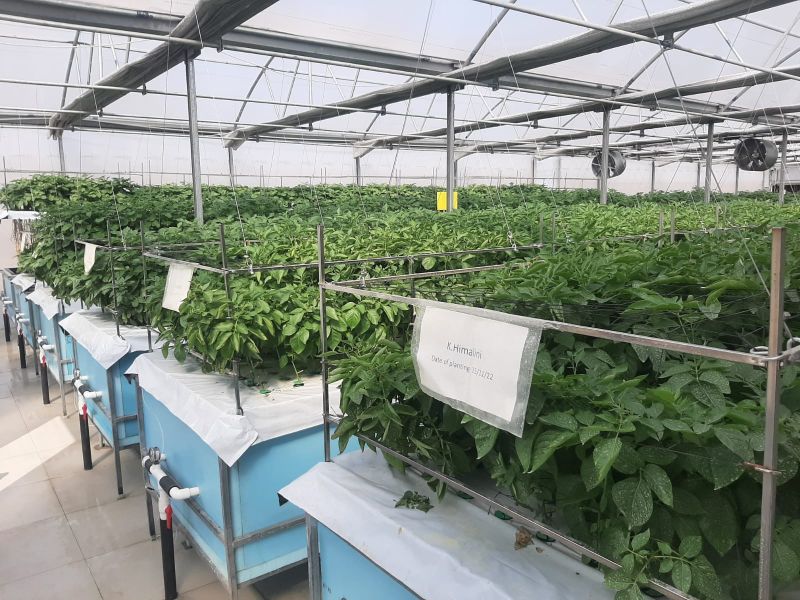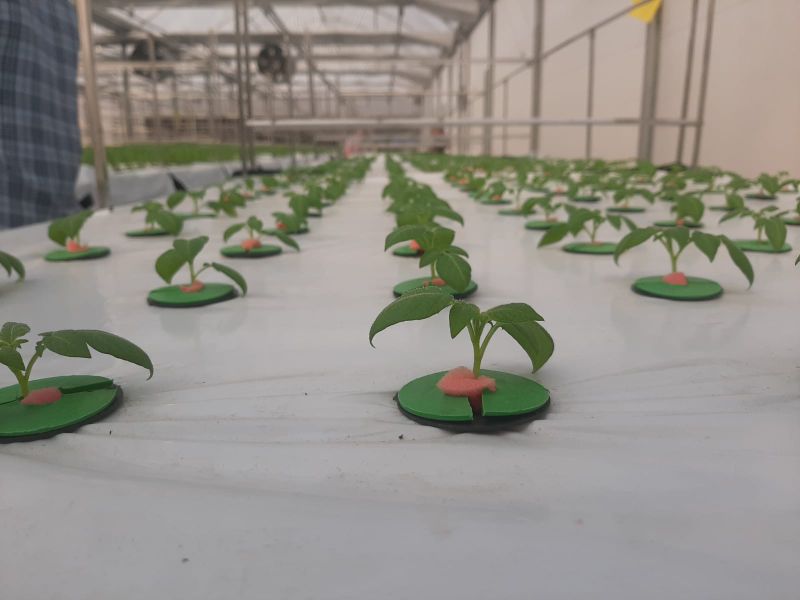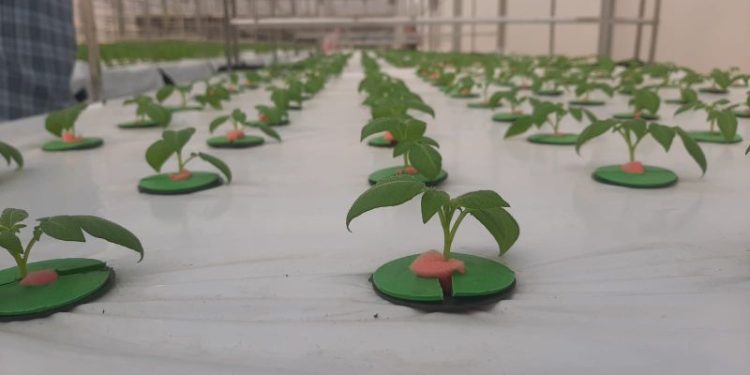Leveraging Innovation and Collaboration to Transform Potato Cultivation
In the realm of agriculture, where the pursuit of sustainable solutions intersects with the imperative of food security, biotechnology emerges as a beacon of hope and progress. As Puneet Gupta aptly observes, the future of cultivating virus-free Seed Potatoes in our country lies in harnessing the power of biotechnology. With a steadfast commitment to innovation and collaboration, stakeholders across the agricultural landscape are poised to revolutionize potato cultivation and ensure a resilient and thriving agricultural sector for generations to come.
At the heart of this transformative journey is the recognition of biotechnology as a potent tool for combating the challenges posed by viral infections in potato crops. Traditionally, the prevalence of viruses such as Potato Virus Y (PVY) and Potato Virus X (PVX) has posed significant threats to potato yields, resulting in reduced productivity and economic losses for farmers. However, with advancements in biotechnology, researchers and agricultural experts are unlocking new avenues for producing virus-resistant Seed Potatoes, thereby mitigating the risk of crop devastation and safeguarding farmers’ livelihoods.
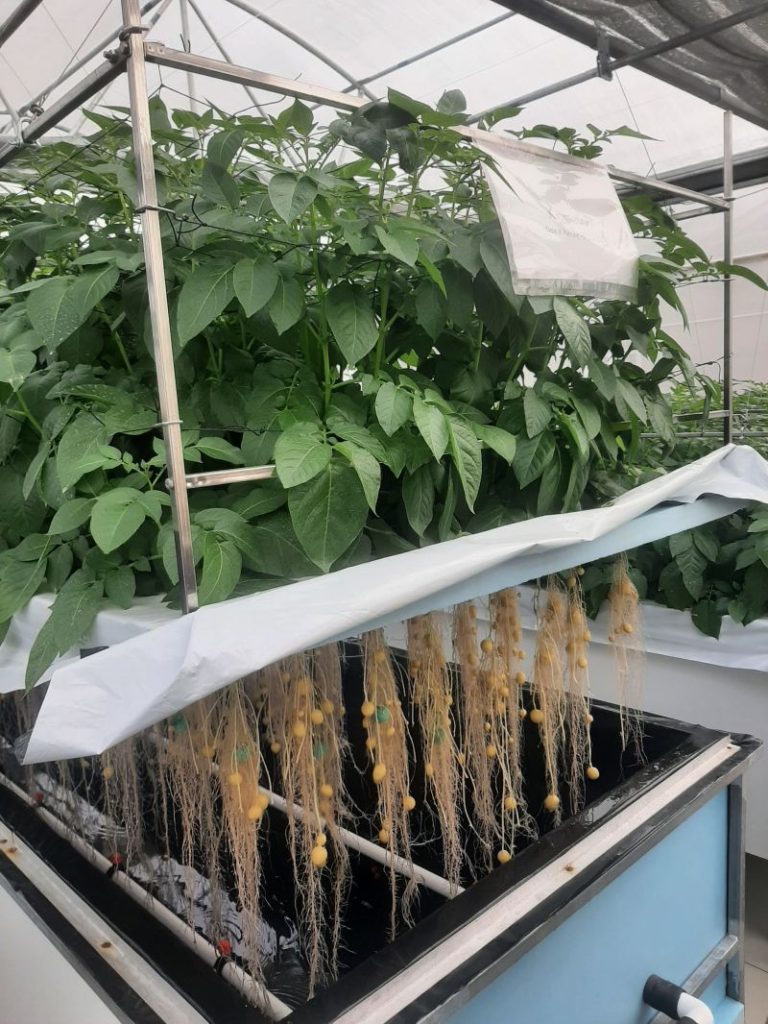
Central to this paradigm shift is the collaborative effort between industry stakeholders and research institutions such as the Central Potato Research Institute (CPRI). Through strategic partnerships and knowledge-sharing initiatives, CPRI has played a pivotal role in providing the necessary expertise and guidance to facilitate the development and adoption of biotechnological solutions for potato cultivation. Their unwavering support and guidance have been instrumental in empowering farmers and agribusinesses to embrace innovative approaches and overcome the challenges posed by viral diseases.
Indeed, the journey towards producing virus-free Seed Potatoes is not without its challenges. From navigating regulatory frameworks to addressing public perception and acceptance of biotechnological interventions, stakeholders must navigate a complex landscape fraught with uncertainties and obstacles. However, it is precisely through collaboration, dialogue, and collective action that these challenges can be overcome, paving the way for a more sustainable and resilient agricultural future.
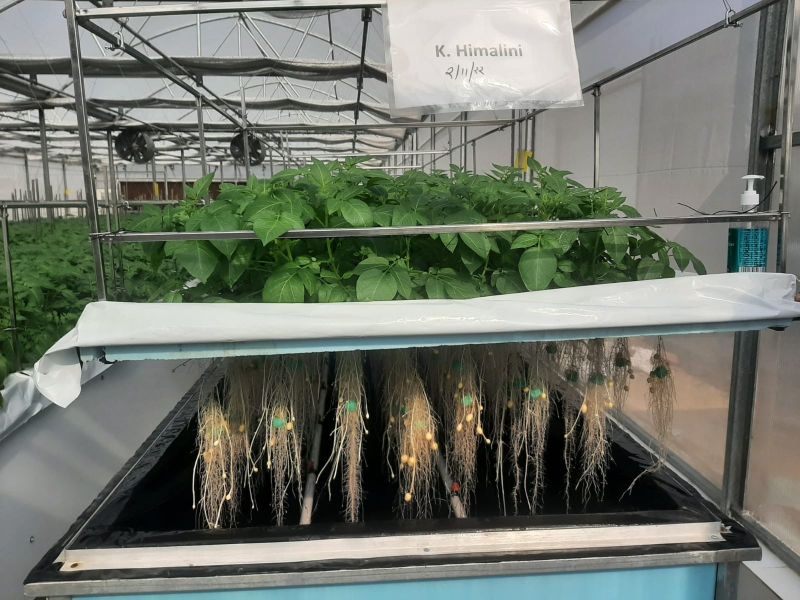
As we look ahead, the potential impact of biotechnology on potato cultivation extends far beyond the confines of our borders. With the global demand for potatoes on the rise and the increasing pressure to ensure food security in the face of climate change and population growth, the need for innovative solutions has never been more urgent. By harnessing the power of biotechnology, we have the opportunity to not only enhance crop yields and mitigate the impact of viral diseases but also to foster greater resilience and sustainability within our agricultural systems.
In conclusion, the vision articulated by Puneet Gupta underscores the transformative potential of biotechnology in revolutionizing potato cultivation and advancing agricultural sustainability. Through collaboration, innovation, and a shared commitment to leveraging the latest scientific advancements, we can pave the way for a future where virus-free Seed Potatoes serve as a cornerstone of food security and prosperity for generations to come. As we embark on this journey, let us remain steadfast in our dedication to harnessing the power of biotechnology for the greater good, ensuring a brighter and more sustainable future for agriculture and society as a whole.
